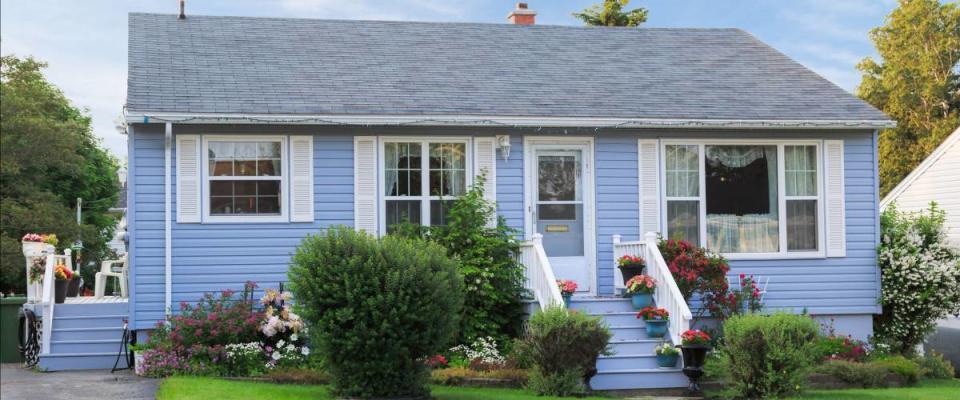Answer These 5 Questions Before You Do a Reverse Mortgage

Reverse mortgages are often misunderstood, but they can be a handy tool for retirees looking for cash.
With a conventional mortgage, you borrow money to buy a house, and make payments that allow you to build value in the home. With a reverse mortgage, you borrow from the value and make no payments.
You keep title to your home. The bank collects on the loan when you die, sell the house, stop living there, fail to pay property taxes or homeowners insurance, or stop taking care of the place.
Here are answers to five common questions to help determine if a reverse mortgage could work for you.
1. Why do a reverse mortgage?
A reverse mortgage can be a great way to secure extra money to use as you see fit.
Most reverse mortgages are federally insured Home Equity Conversion Mortgages (HECMs) that come with no limits on what you may do with your loan payouts.
You may use the money to cover living expenses, pay medical bills, complete home projects or go on vacation. If you have an existing mortgage, you can use the reverse mortgage money to pay it off.
2. Who’s eligible for a reverse mortgage?

You must be 62 or older to take advantage of a reverse mortgage.
To take out a reverse mortgage, you must be 62 years old or older and own your home outright or have a low mortgage balance.
You must be confident you can afford maintenance on your home and other costs, including insurance and any homeowners association fees.
You have to plan on living there full time. If you're absent for longer than 12 months, the bank is allowed to collect on the loan.
3. How does a reverse mortgage work?
As with conventional mortgages, reverse mortgage loans come with fixed rates or adjustable rates.
While a fixed-rate reverse mortgage loan is paid in a lump sum, retirees who choose the adjustable-rate option have the option of receiving monthly payments, a line of credit, a lump sum or a combination.
As a general rule, the more your house is worth and the older you are, the larger the potential loan. Age, for purposes of the loan, is based on the age of the younger spouse.
For government-backed HECM reverse mortgages, the total loan amount is capped at $726,525 in 2019.
4. What are the downsides?

With a reverse mortgage, you're essentially committing to stay in your house.
Many financial advisers will tell you it's better to exhaust all other financial means before applying for a reverse mortgage.
Consider cutting down on living expenses or liquidating your portfolio before pursuing a reverse mortgage. If you're still in need of additional funds, a reverse mortgage may be the best option.
Signing up for a reverse mortgage means you’ll essentially be committing to living in the house for the rest of your life. Should you ever want to move, you'd need to pay off the loan.
If you fall behind on property taxes or insurance payments, you could find yourself at risk of foreclosure.
5. How do I decide?
It’s always a good idea to get a second opinion. Bring younger family members into the decision-making to ensure that all the nuances of the agreement are fully understood.
If you get cold feet after signing the deal, you have a window of at least three days to cancel without penalty.
For the right homeowner, a reverse mortgage can be an excellent way to turn a home into liquid funds.
